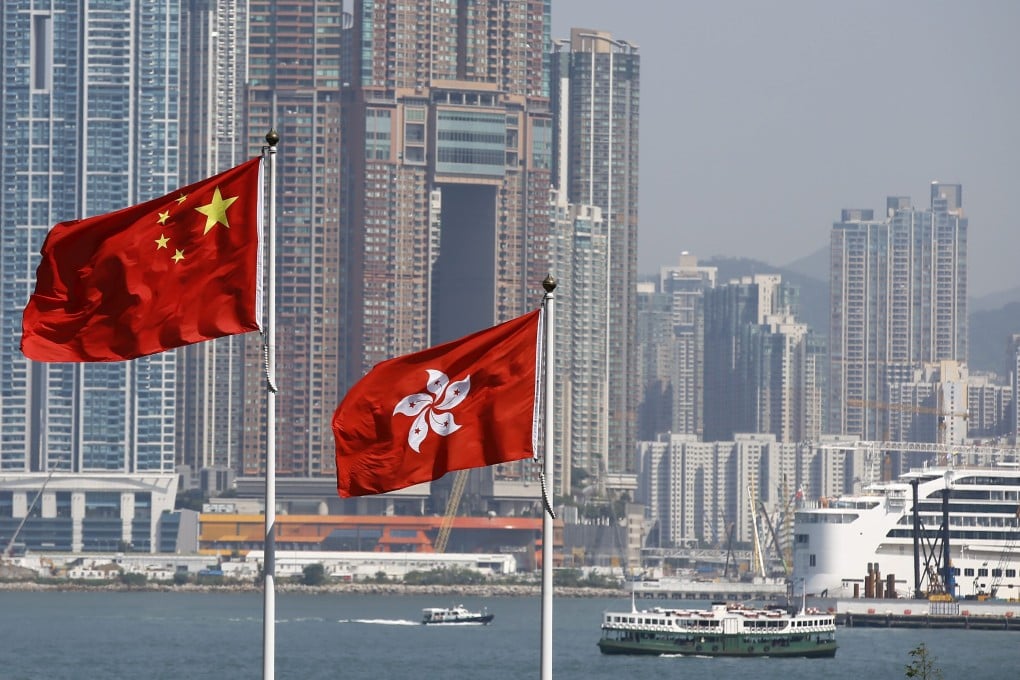My Take | Integration and exceptionalism both at play in Hong Kong conflict
Hong Kong is torn between rival visions about its identity and future. On one side is the need for our little city to find its place in vast China - integration.

Hong Kong is torn between rival visions about its identity and future. On one side is the need for our little city to find its place in vast China - integration. This means that over time, we can only be more like the rest of the country. On the other side is the counterclaim that we must preserve and protect what is unique and different about us against mainland contamination - exceptionalism. "One country, two systems" under the Basic Law allows and encourages both conflicting tendencies - hence it is the constitutional root of our current malaise.
In between integration and exceptionalism, there is the minority view that by preserving our own "core" values, we can spread them and institutions - democracy itself - to the rest of China. I believe that would turn our city into a territorial enemy of Beijing. It could only spell our eventual doom. If China were a liberal democracy, we could do a Quebec or a Scotland, confronting and threatening independence while extracting maximum concessions. We could even go the independence route of say, Slovakia. However, it is not a democracy, but a Leninist dictatorship.
Advocates for integration and exceptionalism are both right. Tragedy, according to Hegel, is the clash between two rights. The city-wide protests have forced our society to confront fundamental choices. But are integration and exceptionalism intrinsically incompatible? Must we choose one or the other? On this question, our young protesters and our most famous tycoons agree: we must choose. It's just that one side wants full democracy while the other advocates full integration.
But perhaps we could "integrate" without losing what we value and treasure most about ourselves. Perhaps we can still find a way to be ourselves without needing to confront and antagonise the central government: a pan-democratic chief executive who can work with Beijing or an establishment figure with democratic credentials. There's a slim chance of that under the new election system proposed by Beijing. There is no chance under the current system.
A realist, though, may cut to the chase: young people are fighting a losing battle and postponing the inevitable.
